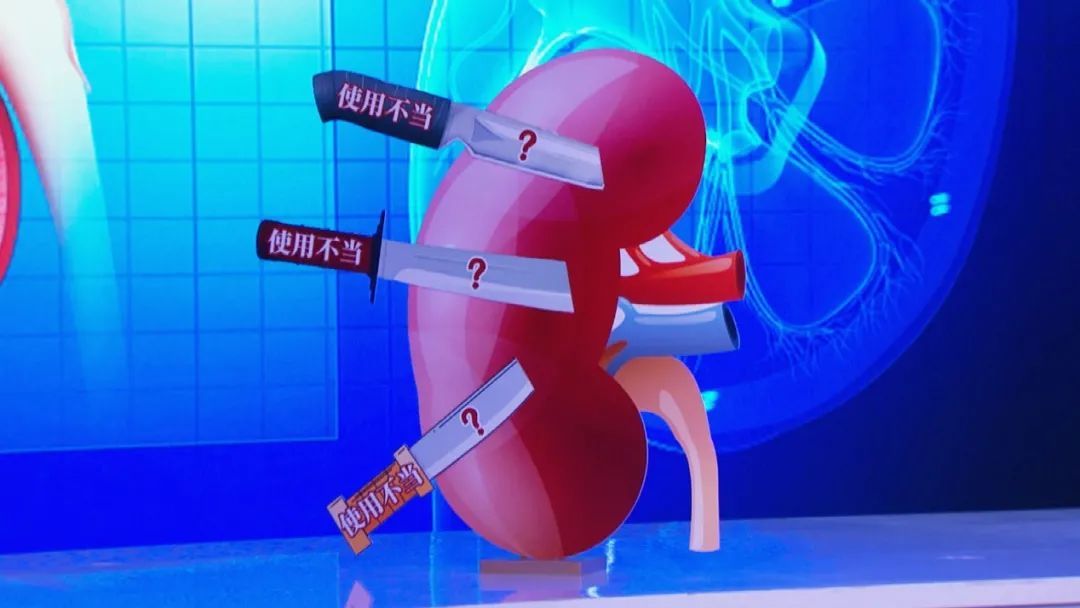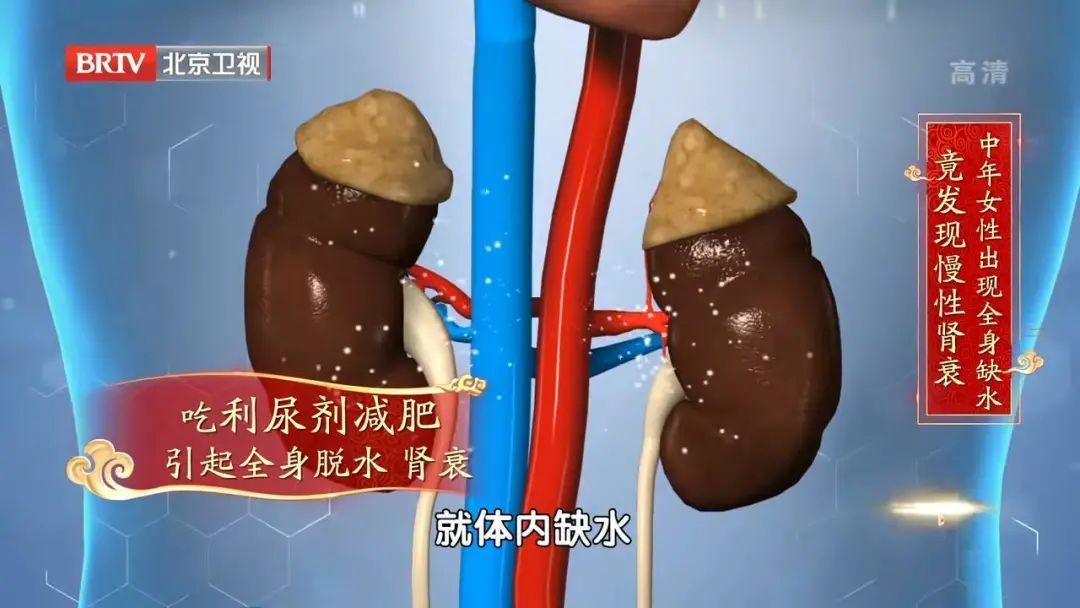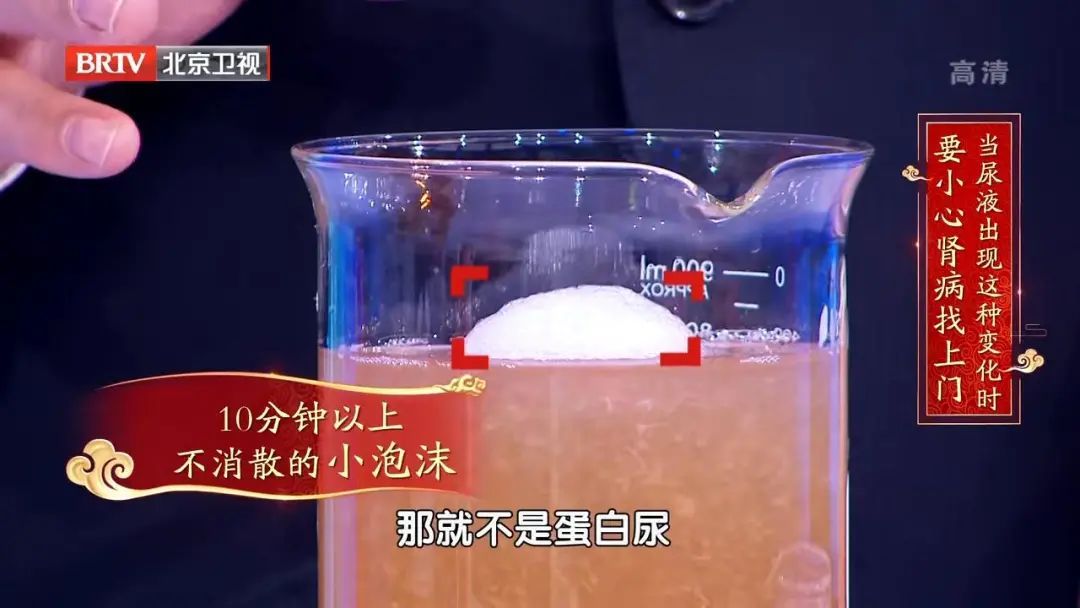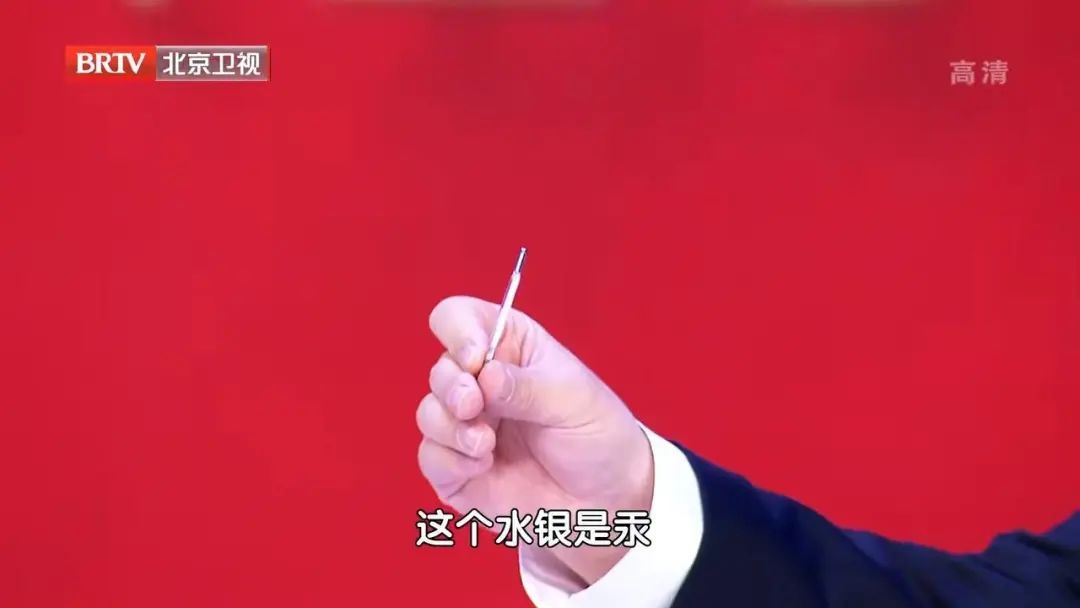Kidney injury “trap”
With the increase of age, various organs of our body will age. The performance of kidney aging is that the size of the kidney may shrink and the kidney function will decline. Experts tell us that after the age of 40, the kidney function will decline by 1% every year. The ability of the kidneys to detoxify also decreases, greatly increasing the risk of death. There are many potential kidney-injuring factors in daily life, and these kidney-injuring factors are more likely to damage the kidneys of the elderly, so how can the elderly avoid the kidney-injuring “trap” in life?

Chronic kidney disease is a common disease. The prevalence rate in my country is 10.8%. One in 10 people may have chronic kidney disease, which is close to the prevalence of diabetes.
Chronic kidney disease not only can lead to end-stage renal disease due to its own disease progression, but also leads to high morbidity and mortality of cardiovascular and cerebrovascular diseases. In addition, the incidence of anemia, fractures, urinary tract infection, pneumonia, sepsis and other infections in patients with chronic kidney disease can be increased several times or even more than 10 times.
In addition to chronic glomerulonephritis, diabetes, hypertension and other major kidney damage factors, some frequently used items are hidden kidney damage factors in the elderly.


Kidney injury behavior 1
Inappropriate use of diuretics and metformin
Diuretics and metformin are two drugs that patients with high blood pressure and diabetes often take, but improper use may also damage the kidneys.

In malignant hypertension, be careful of kidney damage with diuretics. The blood pressure of malignant hypertension is often 200/130mmHg. The high blood pressure causes the kidneys to diuretic desperately to lower the blood pressure, and the body is in a state of water shortage. In addition, taking diuretics to lose weight can cause systemic dehydration and kidney failure.
Metformin is a first-line drug for the treatment of diabetes. It has no direct damage to the kidneys, but if it is a person with severe kidney disease (stage 4 or 5 kidney disease, dialysis patients), the excretion of metformin will be hindered, resulting in lactic acid. Acidosis, aggravating kidney damage.

Zhou Fude Chief Physician
Deputy Director, Department of Nephrology, Peking University First Hospital
The correct use of diuretics and metformin will not harm the kidneys. I am most afraid of adding and adjusting the medicines by myself. The above-mentioned patients who do not use these two types of medicines can change to other medicines under the guidance of doctors to lower blood sugar and lower blood sugar. pressure.
Kidney injury behavior 2
Inappropriate use of non-steroidal anti-inflammatory drugs, antibiotics, stomach drugs, etc.
Case: Mr. Wang, 58 years old, found high blood pressure in 2011, low blood pressure 90, high blood pressure 160, creatinine up to 410, urine protein 4 plus signs, the doctor suggested transplantation or dialysis. When I found Director Zhou, his creatinine had risen to 1100, and his mouth even smelled of urine, which belonged to severe renal failure. He was diagnosed with membranous nephropathy and acute interstitial nephritis caused by drugs. Fortunately, after taking medication, Mr. Wang was freed from Dialysis has maintained a stable state for more than ten years to the present. When recalling his past experiences, Mr. Wang felt that his severe kidney disease might be related to taking antipyretics and drinking at one time.

01 NSAIDs
Inappropriate use of cold medicines, antipyretics, pain relievers, etc. can cause kidney damage.
02
Antibiotics
Mainly refers to gentamicin, which can cause acute renal failure.
03
Stomach medicine
There is a class of stomach medicines that are proton pump inhibitors, and some people may experience kidney damage after taking them.
When these symptoms occur, be careful with the medicine you are taking
Decreased urine output after taking the medicine: A normal person’s urine output is 1500 ml a day. If the urine output decreases to less than 400 ml a day, it is called oliguria, and less than 100 ml is called anuria. Both oliguria and anuria indicate that the kidneys may be out of urine. problem.
Eedema: If you find swollen eyes and ankles, be careful if you have kidney damage.
Foamy urine: Observe that the urine appears very fine and small foam, and it does not dissipate for more than 10 minutes.

Or if you have loss of appetite, nausea, anemia, or lack of energy after taking the medicine, you need to go to the hospital to check whether there is kidney damage.

Zhou Fude Chief Physician
Deputy Director, Department of Nephrology, Peking University First Hospital
Drugs must be taken under the guidance of a doctor. Similar cold medicines (such as different names but may contain acetaminophen) cannot be taken together; after taking anti-inflammatory drugs, be sure to drink plenty of water to speed up the kidneys’ response to the drugs excretion.
Kidney injury behavior 3
Improper use of mercury
If the mercury thermometer is accidentally broken, the mercury in it will be inhaled by the human body, which may cause mercury poisoning and damage the kidneys. It is no problem to clean up in time after breaking.

Items that may contain mercury: substandard hair dyes, substandard whitening creams. So choose regular products when buying these products.
(Health Talk)